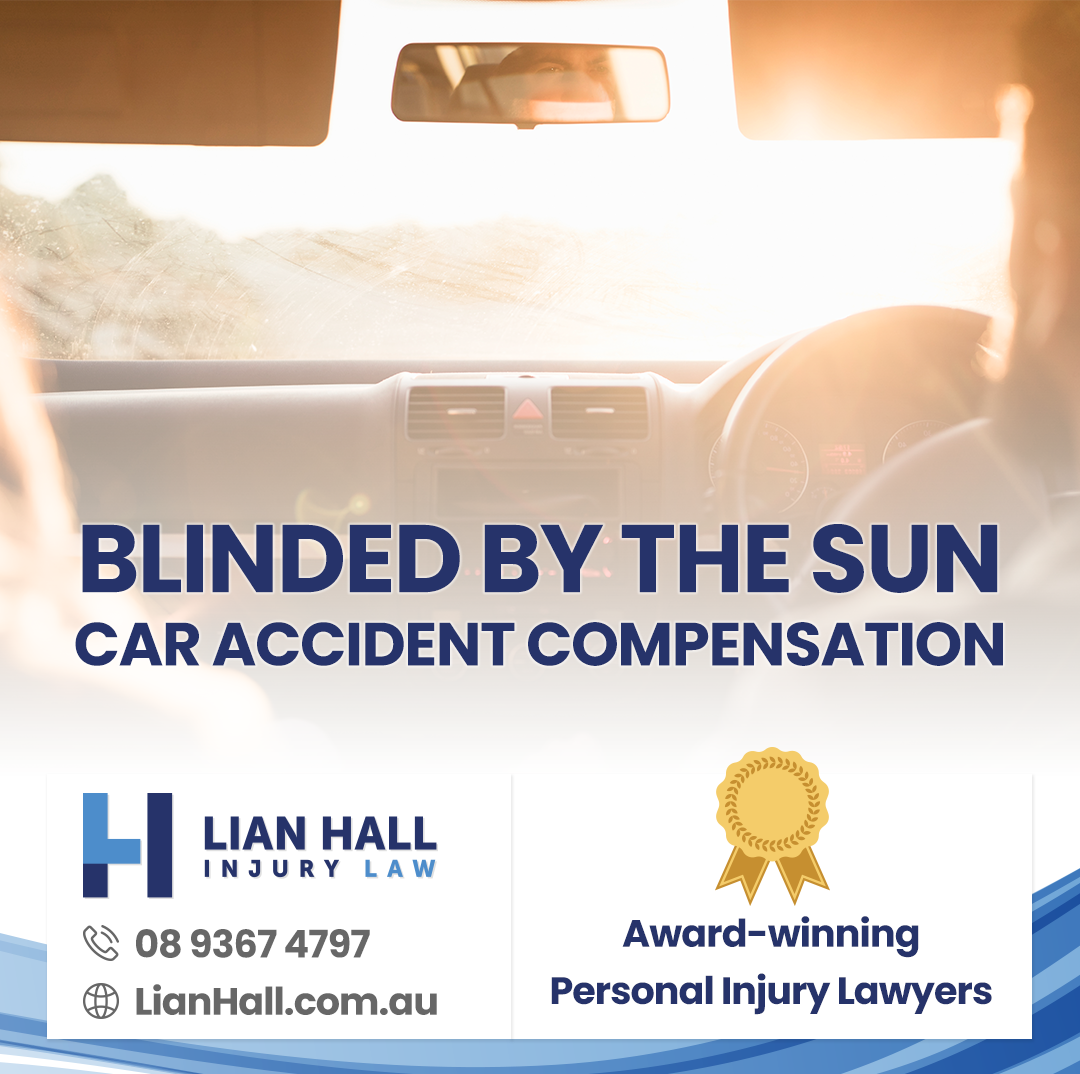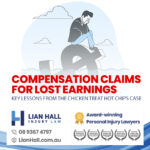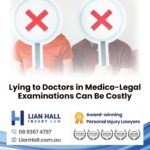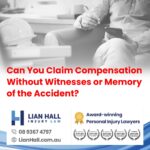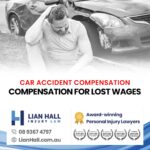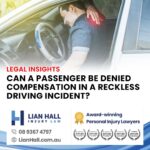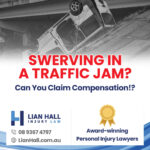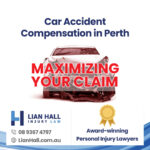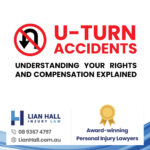Have you ever wondered how sudden and unforeseen events can affect car accidents? Learn more about the Blinded By The Sun case study and how negligence is proven in Australia. Discover what lessons can be learned and how to drive defensively to avoid unexpected events on the road.
Early in the morning of February 2020 the claimant was driving his Jeep Grand Cherokee south on St Albans Road in Baldivis. He was driving between 70 to 80km/h. As he approached the bend into Folly Rd he slowed down. Interestingly Folly Road runs West to East and joins St Albans Road at a sharp corner.
As he drove south and came up to the corner the Jeep driver noticed a Mercedes approaching from the West and that the Mercedes was going very fast. As the Mercedes approached he noticed that it’s wheels locked-up and there was smoke.
The Jeep driver braked, but the Mercedes crashed into him. The skid marks on the road proved that the impact between the cars happened on the Jeep’s side of the road and so prima facia the Mercedes Driver had veered out of his lane. Nevertheless the Mercedes driver said that he was not to blame: he argued that he was overcome by a ‘sudden incapacitating act’ : he argued that he was suddenly blinded by the rising sun as it came up between trees and that there was nothing more that he could have done that would have prevented the crash. He argued that when he was confronted by the sudden emergency that he had reacted appropriately: that he had braked and moved to the right because he could not see what was on his left. He argued that he was blinded by the sun and therefore he was not to blame.
Sudden incapacitating acts
In Australia to prove negligence you have to prove that the accident was caused by another driver’s fault. You have to prove that the other driver should have foreseen the risk of an accident, and should have (and could have) done something to avoid that risk. But what if the other driver was overcome by some sudden unforeseen event, could they be expected to do something to prevent the accident – it’s not their fault? For example what if a driver is suddenly stung by a bee? Or is overcome by a coughing fit? Or has a heart attack or epileptic fit? Would they still be to blame for the accident? Arguably if something like that happens then there was nothing that the driver could have done to prevent the accident and then possibly they are not negligent. But the critical issue is always “was there something that the driver could have done”. The law seems to be saying that drivers must make allowance for sudden events and should drive defensively.
The Burden of proof
Prima facia if you can prove that a a driver drifted onto the wrong side of the road and caused an accident then the Court will likely find that the accident was their fault. What is happening is that the innocent driver has the ‘onus of proof’ to prove negligence – they would discharge their “onus of proof” by pointing to the skid marks and showing that the other had driver drifted onto the wrong side of the road. But if the negligent driver then wants the Court to excuse his driving and being on the wrong side of the road, then that driver has the “burden of proof” to prove that case. He needs to prove that he had some reasonable excuse for being on the wrong side of the road, for example in this case he argued that it was not his fault because he was blinded by the sun.
It’s always back to the facts
In considering who was at fault the Court looked at the evidence, which was:
- The Mercedes seemed to have been driving very fast – there was smoke coming from the tyres under braking;
- The road was relatively straight;
- There was a sign warning driver of the upcoming corner;
- There was plenty of time for a driver to adjust his driving before he got to the corner;
The conclusion was that even though the Mercedes driver was blinded by the sun, he would have been well aware of the upcoming corner from a long way back and should have slowed down. He failed to slow down. Had he been going slower and then been blinded by the sun, he could have avoided drifting onto the wrong side of the road. Because he hadn’t slowed down he had not done everything he could reasonably have done in the face of possible unexpected events and thereby failed to discharge his burden of proof.
Lessons
From time to time unpredictable and sudden events can happen which put other road users at risk. But the law will not be necessarily excuse as driver who is overcome by a sudden unpredictable event unless that driver can prove that they nonetheless drove with proper care and attention. For example, if a driver is suddenly overcome by a medical event, the law will be very interested in whether that driver was aware of their medical condition and that they were following appropriate treatment and that they were medically fit to drive. Or if a driver is traveling towards the rising or setting sun, they would need to show that they were in all respects driving with appropriate care and attention, by for example keeping control of their speed.
Perth Car Accident Lawyer
If you’ve been involved in a car accident and are in need of legal advice, don’t hesitate to contact Lian Hall Injury Law. Our experienced team of personal injury lawyers can help you understand your rights and guide you through the legal process.
We understand that being in a car accident can be a traumatic and overwhelming experience. That’s why we’re here to help you every step of the way, from filing a claim to negotiating a settlement. Our team is dedicated to ensuring that you receive the compensation you deserve for your injuries, lost wages, and other damages.
At Lian Hall Injury Law, we’re committed to providing personalized and compassionate legal services. We’ll work with you to understand your unique situation and develop a strategy that meets your needs. Contact us today to schedule a consultation and let us help you get the justice you deserve.

